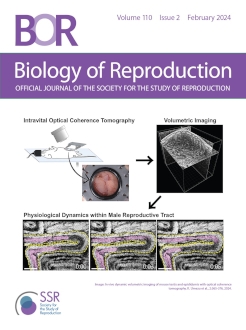Recurrent spontaneous abortion (RSA) has various causes, including chromosomal abnormalities, prethrombotic state, and abnormal uterine anatomical factors. However, the pathogenesis of RSA is still unclear. Surprisingly, non-coding RNA can stably express at the maternal-fetal interface and regulate immune cells' proliferation, apoptosis, invasion, metastasis, and angiogenesis. Accumulating evidence suggests that the competing endogenous RNA (ceRNA) regulatory network between non-coding RNAs complicates RSA's pathological process and maybe a new starting point for exploring RSA. In this review, we mainly discuss the regulatory network and potential significance of non-coding RNA in the immune microenvironment of RSA patients. In addition, the cellular interactions of non-coding RNA transported through vesicles were introduced from aspects of trophoblast function and immune regulation. Finally, we analyze previous studies and further discuss that the stable expression of non-coding RNA may be used as a biomarker of some disease states and a prediction target of RSA.
How to translate text using browser tools
13 November 2023
Non-coding RNA regulates the immune microenvironment in recurrent spontaneous abortion (RSA): new insights into immune mechanisms
Cen Tang,
Wanqin Hu
ACCESS THE FULL ARTICLE

Biology of Reproduction
Vol. 110 • No. 2
February 2024
Vol. 110 • No. 2
February 2024
ceRNA
maternal-fetal immune
non-coding RNA
recurrent spontaneous abortion
Trophoblast cells




